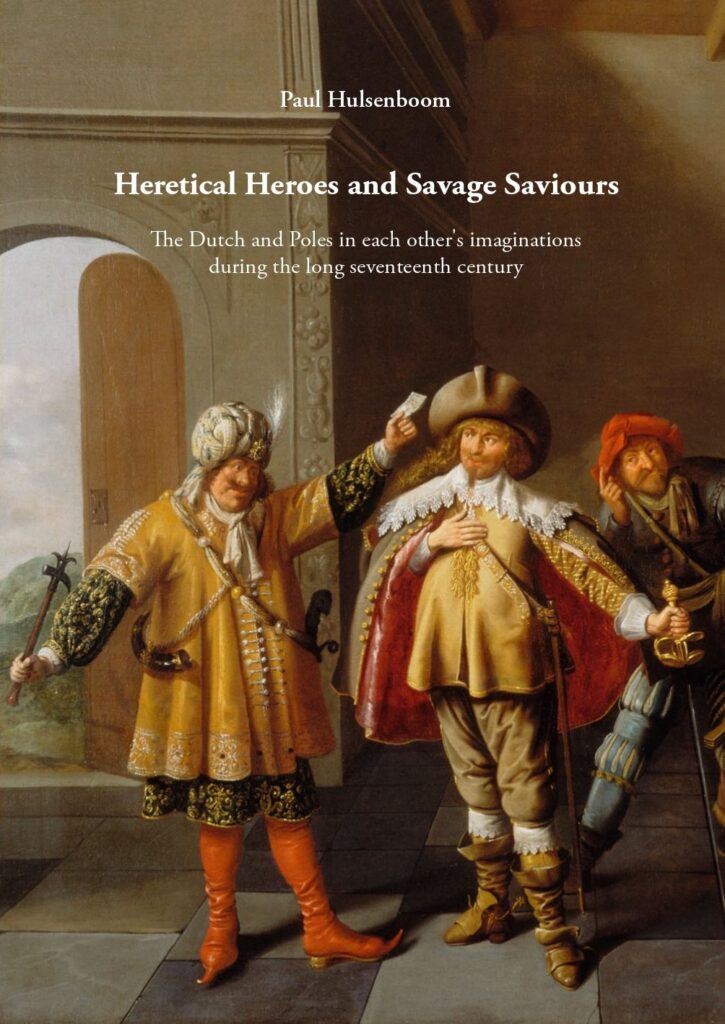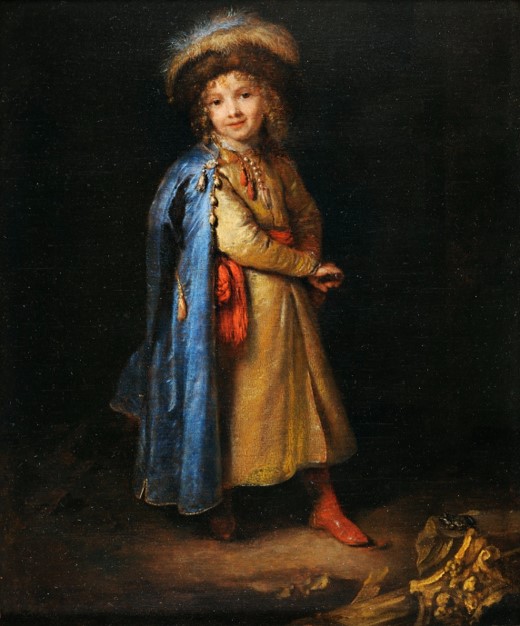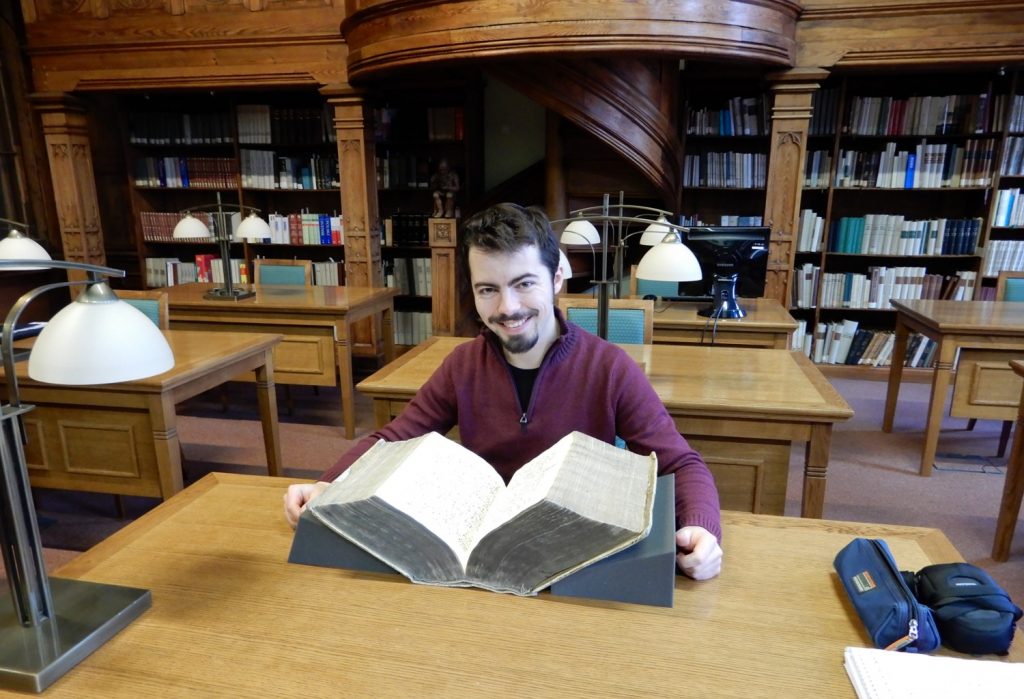 On 24 October 2023, I successfully defended my PhD thesis entitled Heretical Heroes and Savage Saviours. The Dutch and Poles in each other’s imaginations during the long seventeenth century. My research was supervised by prof. dr. Lotte Jensen and prof. dr. Johan Oosterman, and conducted at the department of Dutch Language and Culture at Radboud University Nijmegen. The book can be downloaded for free here. In the following, I provide an introduction to my PhD research.
On 24 October 2023, I successfully defended my PhD thesis entitled Heretical Heroes and Savage Saviours. The Dutch and Poles in each other’s imaginations during the long seventeenth century. My research was supervised by prof. dr. Lotte Jensen and prof. dr. Johan Oosterman, and conducted at the department of Dutch Language and Culture at Radboud University Nijmegen. The book can be downloaded for free here. In the following, I provide an introduction to my PhD research.
Poland and the Netherlands are connected in more ways than one. Today, numerous Poles travel to the Netherlands in order to find employment, sometimes settling there for good and becoming part of Dutch society. Poland furthermore boasts some of the largest numbers of students applying themselves to the study of Dutch language and culture in Europe. Meanwhile, many Dutch companies invest in the thriving Polish economy, and people from the Netherlands increasingly discover the possibilities Poland has to offer as a holiday destination.
These relations have a long history. From the Dutch Republic’s very beginnings, its dependency on Polish grain and wood was a commonly known fact. Countless Dutch merchants migrated to the Polish port of Gdańsk (Danzig) and its surroundings. In addition, the Dutch rebellion against Spain led religious refugees from the Low Countries to settle in Prussia and other parts of the Polish-Lithuanian Commonwealth, which during the sixteenth century was known for its religious tolerance. On the other hand, the seventeenth century saw the arrival of numerous Polish protestants in the Northern Netherlands. From circa the year 1600, moreover, hosts of Polish-Lithuanian noblemen traveled to the Low Countries, for example to gain military experience, study at one or more of the renowned universities, or simply to enjoy the wonders of “the marketplace of the world”.

Much like today, all of these historic contacts shaped a number of ‘images’ or stereotypes, which the Dutch and Poles had of one another. By studying Dutch, Polish and Neo-Latin texts, such as travel accounts, poems, letters and pamphlets, as well as visual sources like maps, paintings and engravings, I aim to answer the following question: how and why did the Poles and Dutch perceive each other during the long seventeenth century? Examples are Dutch stereotypes about Poland as the granary of the United Provinces or as a strange land controlled by the proud nobility, or Polish ideas about the Dutch Republic as a military academy or as a rich but unruly country full of rebellious peasants. In order to study these perceptions, I make use of hitherto unstudied printed material, as well as previously undiscovered handwritten documents from Dutch and Polish archives.
In addition to showcasing what the Poles and Dutch thought about each other, my research also reveals how and why their perceptions developed over time, for example because of internationally important events, such as war. Moreover, by disclosing these seventeenth-century perceptions of “the other”, the project contributes to the study of Dutch and Polish self-images. The research furthermore gives us an insight into the early formation of nowadays common notions about “Western” and “Eastern” Europe. Lastly, it helps us understand where some of the stereotypes which the Dutch and Poles currently have of one another come from.
